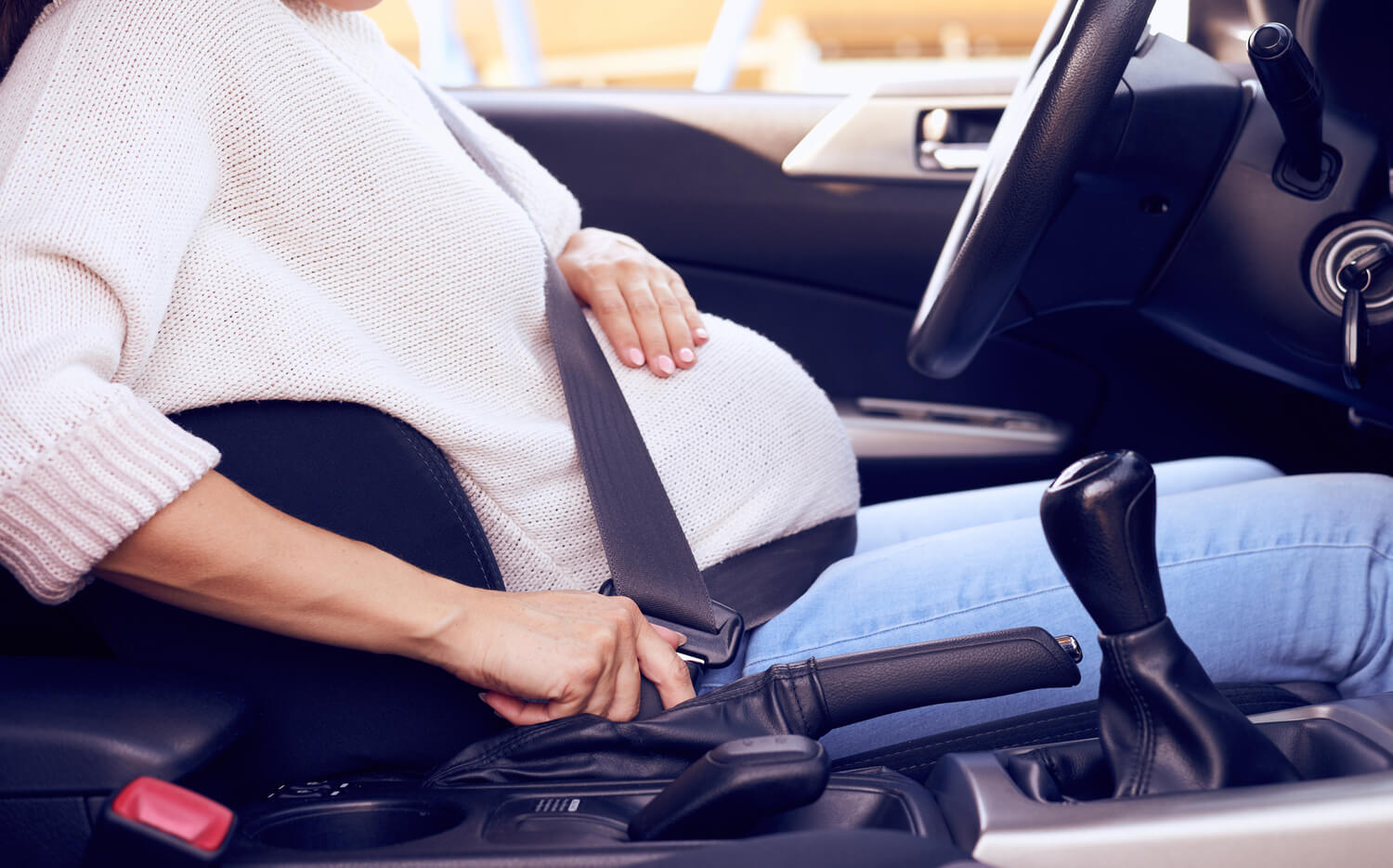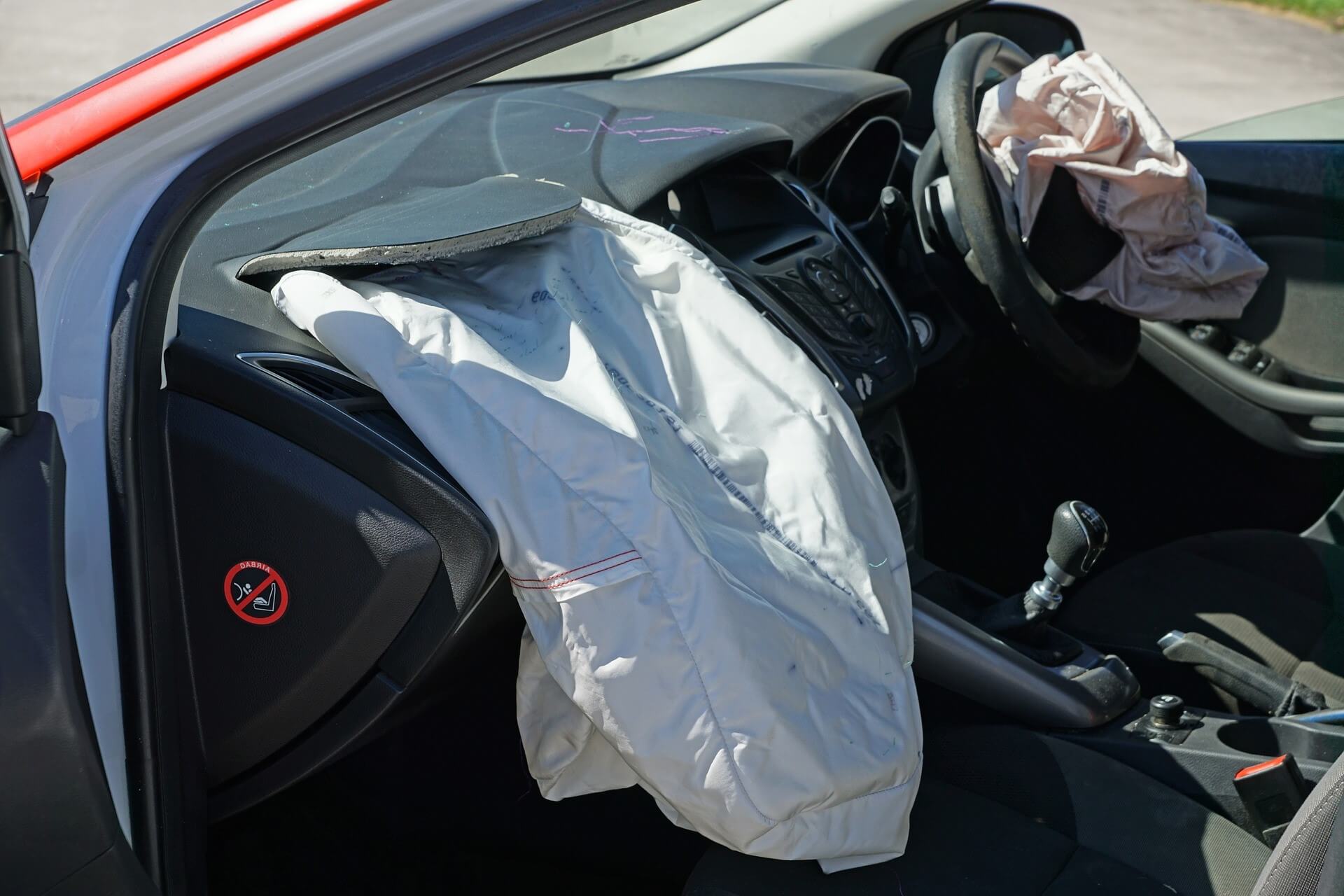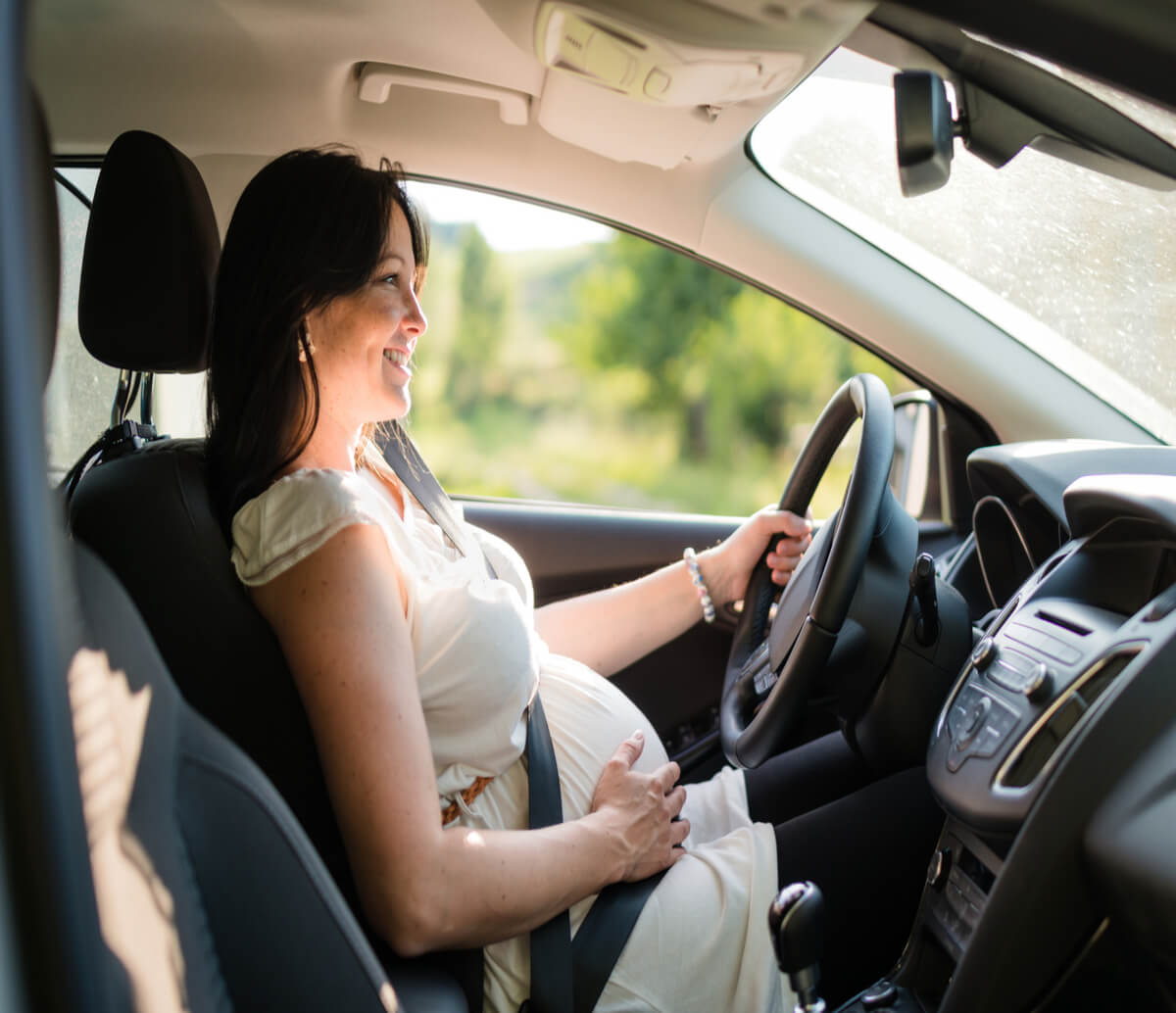Quick and simple insurance
It was so simple to get insurance. Clear and easy guidance insured within minutes which allowed peace of mind when picking up new car on a weekend.
Yesterday
Driving when pregnant can be a bit scary for a lot of mums, especially if it’s their first time. There’s certainly that extra level of worry when driving while pregnant and some mums may even assume that getting behind the wheel while expecting is unsafe.
But you needn’t worry too much, as long all other aspects of the pregnancy are going okay and you’re feeling fine and healthy, it’s totally okay for expectant mums to drive as much as you need.
Naturally, you might have to tailor your driving experience to accommodate your bump and there a few extra precautions you may want to take – just in case.
For any mums-to-be, proud partners or supportive friends who are worried about any part of driving when pregnant, we’ve put together this handy guide full of the UK laws and recommendations for pregnant drivers plus some helpful tips and advice to make your journey safer and more comfortable.

As of 2018, there are currently no laws which stop pregnant women from getting behind the wheel at a point during the pregnancy. Obviously, all existing driving laws still apply to pregnant drivers, so you must ensure that you’re in a fit and proper condition to drive.
Hopefully, you won’t have taken any illegal drugs or drunk more than the legal limit of alcohol, but you might find you’re more tired and less able to concentrate while driving. While this is not strictly illegal, any serious accidents that happen if you’re asleep behind the wheel can result in a dangerous driving charge.
The other law that’s relevant to pregnant drivers is the seat belt law. All drivers, even while pregnant must wear a seatbelt when driving. You can, however, get a medical exemption certificate from your doctor.
This ‘Certificate of Exemption from Compulsory Seat Belt Wearing’ must be kept in your car at all times and must be shown to the police if you’re stopped.
The best way to ensure that your baby is protected is to protect yourself and the best way to do this while driving is to wear a seat belt.
According to the NCT (National Childbirth Trust), pregnant women should ensure that the top part of the seat belt goes over your collarbone and between your breasts, whilst the lower strap should lay across your thighs and hips and under your bump.
They also recommend that pregnant drivers and passengers avoid ‘lap-only belts’ as these have a history of causing serious injuries to unborn children if a car suddenly brakes.
Another part of driving that can worry women is whether airbags are completely safe and what could happen to the baby if it were to go off.
Firstly, airbags are an important safety feature and can be a literal lifesaver in my situations. Even if you’re pregnant, airbags will protect you by acting as a cushion and providing an energy absorbing surface which can prevent or reduce the impact between you and the interior of the car.
This also reduces the impact on your unborn child which means there is no extra risk if an airbag goes off while you’re pregnant.
If, however, you’re still worried, you can make things safer by moving the seat back as far as possible while still being able to reach the peddles. You can also tilt the steering wheel slightly so it and the airbag behind are not directly facing your bump.

If you are involved in a car accident while pregnant you should always see a doctor as soon as possible. Even if it’s a light bump and you feel okay, it’s always worth getting a check-up just in case.
A strong enough impact could cause the placenta to become detached and the baby can lose oxygen access. If of course you are involved in a serious accident and are taken to the hospital, make sure you inform paramedics or whoever first treats you that you are pregnant and how far along you are.
There is no specific car insurance for pregnant women as your regular insurance shouldn’t be affected. Whatever the stage of your pregnancy, insurance should remain in place as long as you feel you are capable of driving.
However long you decide to keep driving, even if it’s right up to your due date, there are a number of ways you can make your journey more comfortable.
First and foremost, you need to take regular breaks, especially if you’re going on a long journey. From being able to go to the loo to having a stretch, you’ll reduce the likelihood of cramps, promote better blood circulation and generally feel a lot better if you reduce the amount of time you’re behind the wheel in one go.
Ensure you pack plenty of healthy snacks that will help keep you alert and energised while driving. You should also make sure you stay hydrated and while this may increase the number of stops you have to make, it’s much better for you and the baby.
You can also buy a range of maternity seat belts specially designed to make driving while pregnant more comfortable. These bump belts fit better around the bump making the journey more bearable while still abiding by the laws of the road.

Most women who stop driving when they’re pregnant do so simply because it becomes too uncomfortable. Their bump becomes too big to reach the steering wheel and peddles and they find it difficult to get in and out of the vehicle.
Some expectant mothers will also stop driving when they are unable to do so properly. For example, in the last few weeks of pregnancy, you might that you find it difficult to move and look around in the car.
Not able to see around you or in your blind spot can be dangerous, so if you find yourself unable to drive comfortably you should consider passing on the driving duties to someone else.
Driving regardless of whether you’re pregnant or not comes with its own risks. If you’re a safe, aware and confident driver you will reduce the chances of being in an accident but unfortunately, there is no guarantee that everything will always be okay.
The decision of if or when you decide to stop driving while pregnant is truly a personal decision for which there is no right or wrong answer.
Just make sure you are aware of the risks involved and take the proper precautions we’ve recommend above as well as general road safety advice.
We also currently hold an ‘Excellent’ rating on Trustpilot with over 30,000 reveiws.


After you’ve bought your policy, your documents will be emailed to you instantly so there’s no waiting around.
We use essential cookies to make our website work. We'd also like to use non-essential cookies to help us improve our website by collecting and analysing information on how you use our website and for advertising purposes.
You can agree to accept all cookies by clicking 'Accept all cookies' or you can change your preferences by clicking 'Manage Cookies' below. For more information about the cookies we use, see our cookies policy
We use essential cookies which are necessary to ensure our website works correctly.
We'd like to set non-essential analytics and marketing cookies that help us provide a better experience to our users. These help us improve our website and marketing by collecting and reporting information on the campaigns and web pages you interact with. It also helps us to target our marketing campaigns to people who are most likely to be interested in our services.
We'd also like to set a non-essential cookie which enables us to playback your journey on our website to assist with troubleshooting and to help us improve our website based on the behaviour of our customers.